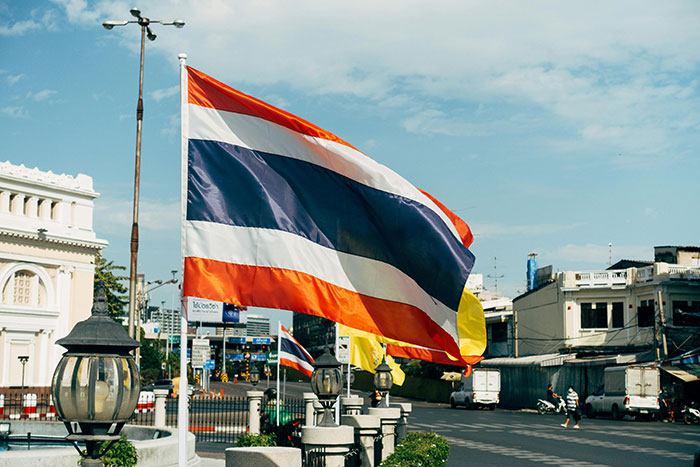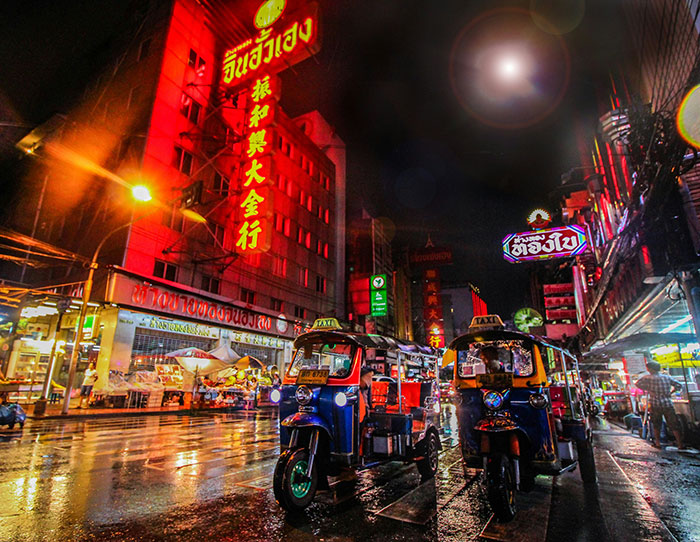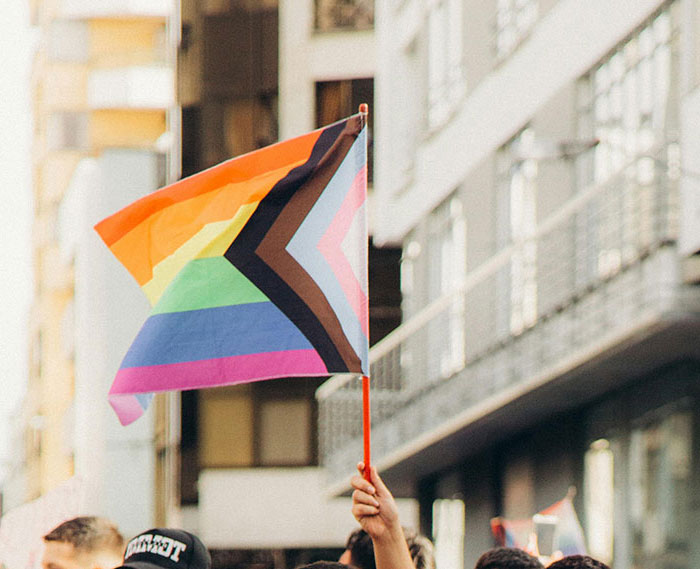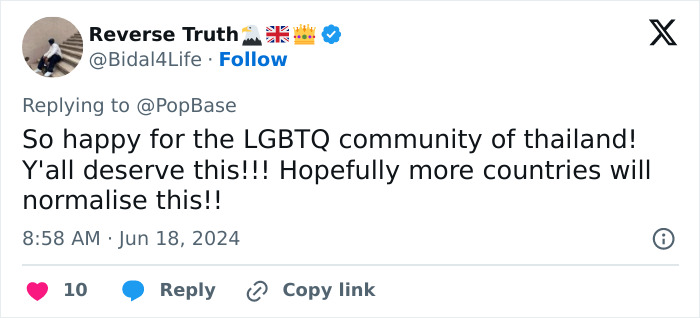Thailand will become the first country in Southeast Asia to legalize same-sex marriage after the kingdom’s Senate approved a marriage equality bill on Tuesday
“The potential impact of this bill is immense. It would not only change the lives of countless couples but also contribute to a more just and equitable society for all,” said Panyaphon Phiphatkhunarnon, founder of Love Foundation, an NGO advocating for LGBTQ+ rights in Thailand.

“Beyond the legal implications, the passage of this bill would send a powerful message of acceptance and inclusion.
“It would inspire the younger generation to come out and live their lives authentically, it would showcase Thailand as a progressive and inclusive country – attracting tourists and businesses … and will foster a culture change where LGBTQ+ individuals feel accepted and supported.”

The kingdom will become the third country in Asia to allow same-sex marriage, following Taiwan and Nepal


The bill still requires endorsement from Maha Vajiralongkorn, the King of Thailand, before it comes into effect, but this process is considered a formality.
Among the Thai politicians who actively advocated for the bill is Prime Minister Srettha Thavisin of the Pheu Thai Party.
“We have come far in our journey towards social equality. I want to reaffirm my government’s commitment in pushing for the realization of the Equal Marriage Bill which today we can visibly see the light at the end of the tunnel,” Srettha wrote on X (formerly known as Twitter) on June 1.
Srettha reportedly attended Pride Month celebrations in Bangkok, the capital, in June. He also showed support for a bid to host World Pride in 2030.
Thailand, Taiwan, and Nepal stand out as outliers in Asia regarding the legalization of same-sex marriage.
In many South-Asian countries, such as Myanmar and Brunei, same-sex relations are still criminalized.
In Indonesia, members of the LGBTQ+ communities experience widespread discrimination, police raids, vigilante attacks, and open hostility from authorities. Meanwhile, in mainland China, authorities banned “abnormal sexual behaviors” from the media in 2016 as part of its crackdown on same-sex relationships and LGBTQ+ activists.
“World is healing,” a social media user wrote








Leave a Reply